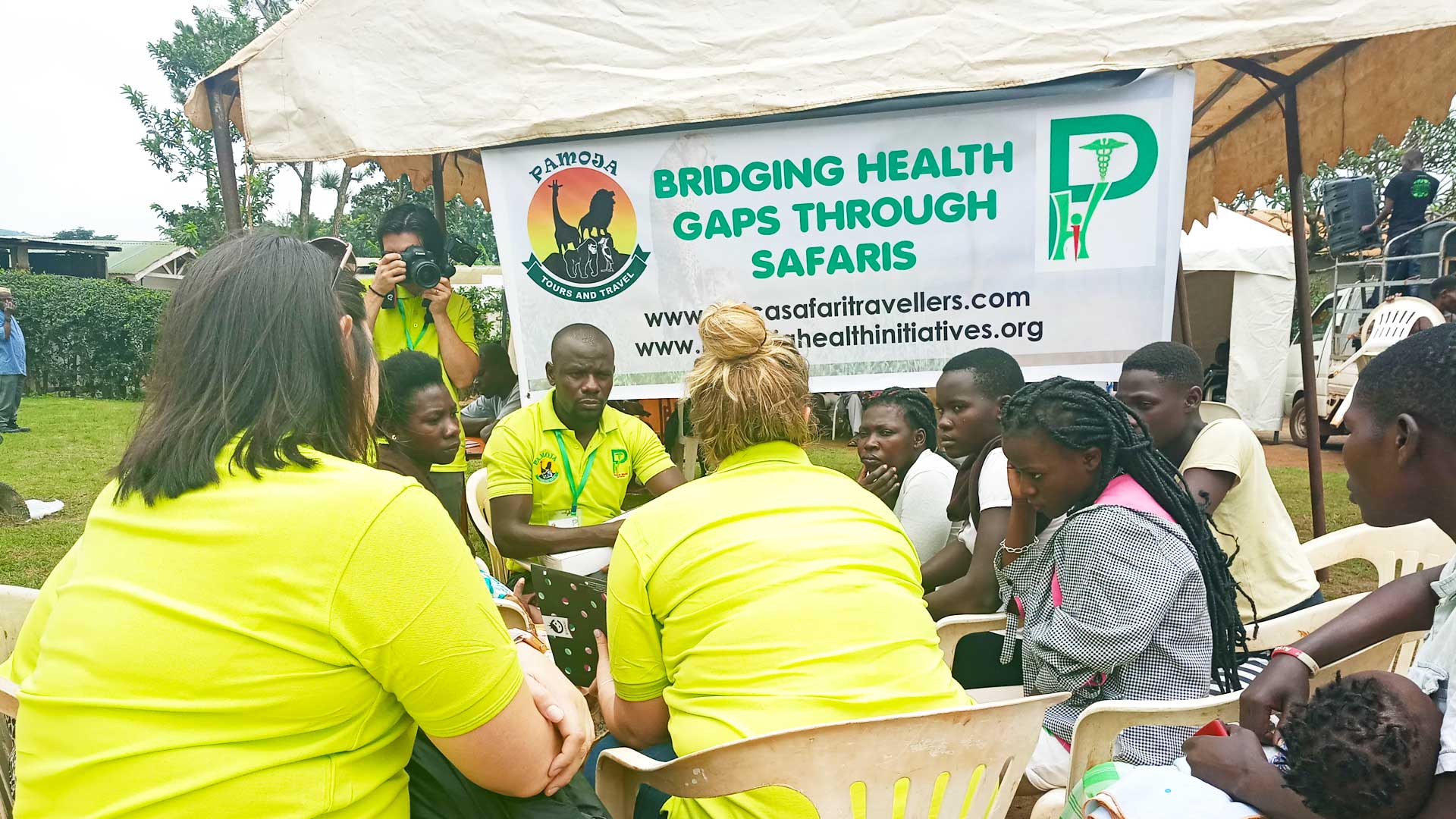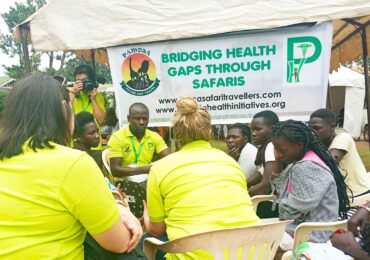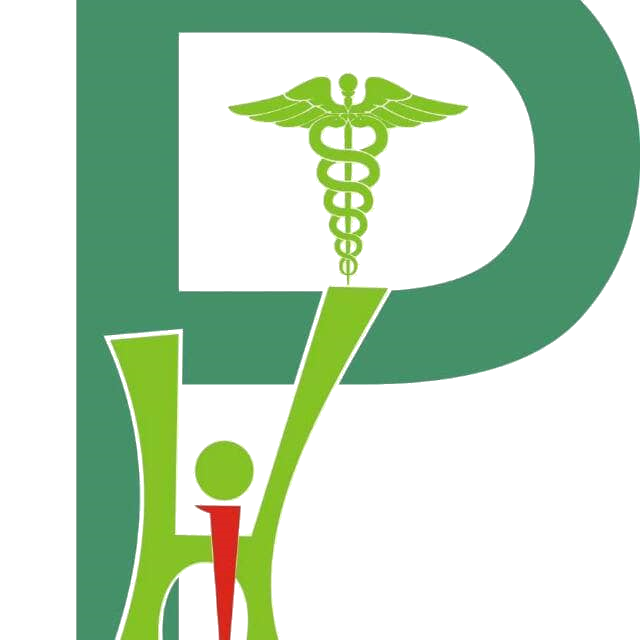
Maternal Health
Overview

Maternal Health: According to the World Health Organization, maternal health is defined as the health of women during pregnancy, childbirth and the postnatal period. Ideally, each of these stages is supposed to be a positive and fulfilling experience in order to ensure that mothers and their babies reach their full potential for health and well-being.
Maternal mortality
Maternal mortality refers to deaths that are caused by complications from pregnancy or childbirth.
In the last two decades, some progress has been made to reduce on the maternal mortality rates. However, statistics have shown that more women have continued to lose their lives due to pregnancy/child birth related complications. An example of this is that about 295,000 women died during and following pregnancy and childbirth in 2017, a highly unacceptable number.
The causes of maternal injury and death
The most common direct causes of maternal injury and death are excessive blood loss, infection, high blood pressure, unsafe abortion, and obstructed labor. Indirect causes include anemia, malaria, and heart disease.
The number of Ugandan women dying in childbirth has progressively reduced over the years. According to the 2016 Uganda Health and Demographic Survey, maternal mortality reduced from 418 per 100,000 live births deaths in 2006 to 336/100,000 in 2016.
Despite these statistics, over 6,000 women and adolescent girls still die every year from preventable causes related to pregnancy and childbirth. For every woman or girl who dies, an estimated 20 or 30 suffer injuries, infections or life-long disabilities including obstetric fistula.
Requirements for improvement of maternal and health care.
If all pregnant women and their infants are provided with the recommended level of maternal and health care, maternal deaths would go down by two thirds.
Pamoja Health Initiative aims to ensure that pregnant women and their babies have a chance of a healthy life by supporting their access to essential and life-saving maternal health services.
Partnerships
The Pamoja Health Initiative intends on partnering with the various stakeholders such as Ministry of Health, local leaders and health workers to improve delivery care. Some of the actions that can be taken include: strengthening health care systems; training health workers, in particular midwives who can then be recruited to work in some of the most hard to reach parts of the country.
How we intend to contribute to the health care system
- Pamoja Health Initiative will support procurement and delivery of essential medicines and equipment to various locations within the country. By so doing we will ensure that pregnant women, especially those who face life-threatening complications are able to receive life-saving services.
- The initiative also intends to put effort into preventing and managing obstetric fistula which is one of the most frustrating childbirth complications. With our partnerships, we can also push for training surgeons and equipping fistula repair centers in regional hospitals across Uganda.
- We intend to provide technical and financial support to uphold decision making on issues of midwifery education and regulation, and development of standards and guidelines for provision of quality services at health facilities.
Survival situation of the young children in Uganda
According to statistics, the survival of young children has been improving over the years.
For instance, in 2011, one in 11 children died before the age of five as compared to one in seven in 2001. During the same period, infant mortality decreased from one in 18 to one in 11.
However, many mothers are dying due to preventable conditions and yet they are critical for the survival of their young babies/children.
Just like mothers, newborns are also vulnerable and make up a large proportion of under-five deaths. For instance in 2011, one in 30 babies died in the first month of life. Most infant deaths happen in the first day or week of life because of poor care at the time of birth.
Unfortunately, not all Ugandan children have the best chance at life. Those born in rural areas, to the poorest families, and with uneducated mothers are most likely to die before the age of five.
Causes of deaths among mothers and children
Deaths of most mothers and under-5 children occur due to preventable diseases and conditions such as unsafe abortions, hypertensive disorders, infections, heavy blood loss after birth, malaria, pneumonia, diarrhoea and HIV. For both mothers and their infants, poor quality of care at childbirth, inequitable health services and inadequate family-care practices contribute significantly to their deaths.
It is one of our goals to ensure that the number of maternal and child deaths caused by preventable factors reduce drastically.
We could also encourage the increased use of technology to detect certain diseases or complications/disabilities early enough so as to save more lives.
Following the guidance of International organizations to ensure the well-being of mothers and children
Various International organizations such as the World Health Organization and UNFPA have put in place several strategies to ensure that women and their babies reach their full potential for health and well-being. As Pamoja Health Initiative, we aim at emulating that for the betterment of our country’s health.
Most maternal deaths are preventable with timely management by a skilled health professional working in a supportive environment.
Putting an end to preventable maternal death must remain a top priority in the global agenda. At the same time, simply surviving pregnancy and childbirth cannot fully support successful maternal health care. It is therefore critical to invest more efforts in reducing maternal injury and disability to promote health and well-being.
Every pregnancy and birth is unique. Addressing inequalities that affect health outcomes, especially sexual and reproductive health and rights and gender, is fundamental to ensuring all women have access to respectful and high-quality maternity care.
The role of the World Health Organization in reducing maternal deaths
It is WHO’s responsibility to monitor progress towards the global goal for reducing maternal death (SDG target 3.1). WHO generates data, research, clinical guidelines and programmatic tools to support achievement of global targets and evidence-based strategies for ending preventable maternal mortality (EPMM) and improving maternal health and well-being.
WHO advocates for health planning where women’s values and preferences are at the centre of their own care. Meaningful engagement and empowerment of women, families, communities, and providers is essential for quality improvement initiatives.
Promoting health along the whole continuum of pregnancy, childbirth and postnatal care is also crucial. This includes good nutrition, detecting and preventing diseases, ensuring access to sexual and reproductive health and supporting women who may be experiencing intimate partner violence.
The role of Sustainable Development Goals (SDGs) in improving maternal health
The Sustainable Development Goals (SDGs) offer an opportunity for the international community to work together and accelerate progress to improve maternal health for all women, in all countries, under all circumstances.
SDG targets for maternal health include 3.1, aiming for an average global ratio of less than 70 deaths per 100 000 births by 2030, and 3.8, calling for the achievement of universal health coverage. We cannot achieve these numbers without reproductive, maternal, newborn and child health coverage for all.
Improving maternal health is one of WHO’s key priorities, grounded in a human rights approach and linked to efforts on universal health coverage.
Conclusion
Pamoja Health Initiative is committed to ensuring that mothers and young children receive the quality of health care that they deserve in order to have a long healthy and happy life.
You could also support our noble cause by booking a safari with us since 5% of the profits from Pamoja Tours and Travel go to the Pamoja Health Initiative projects.
